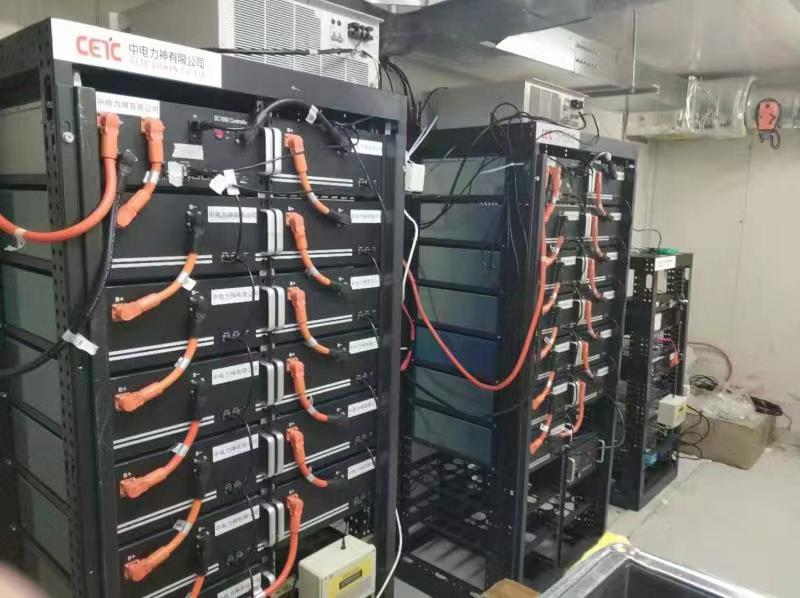
In recent years, the demand for efficient energy storage systems has surged, driven by the increasing reliance on renewable energy sources like solar and wind. Battery storage plays a pivotal role in this transition, offering a reliable and flexible solution for managing energy supply and demand. By harnessing excess energy during peak production times, batteries provide a buffer that can be utilized when energy generation is low, thus ensuring a stable and consistent energy supply.
There are several types of battery technologies available in the market, each with its unique characteristics and applications. Lithium-ion batteries are the most popular choice, mainly due to their high energy density, efficiency, and declining costs. Other technologies, such as lead-acid, flow batteries, and solid-state batteries, also have their advantages. For instance, lead-acid batteries are cost-effective and widely used in off-grid applications, while flow batteries offer longer discharge times and are suitable for large-scale energy storage.
Battery storage systems find applications across various sectors. In residential settings, homeowners are increasingly installing battery systems to complement their solar panels, enabling them to store excess energy for use during the night or during power outages. In commercial and industrial contexts, businesses are using battery storage to reduce energy costs by storing energy during off-peak hours and discharging it during peak usage times, leveraging rate differentials to maximize savings. Moreover, utility companies are integrating large-scale battery storage systems to stabilize the grid, manage peak loads, and integrate more renewable energy sources.
The benefits of battery storage solutions are numerous. Firstly, they enhance renewable energy adoption by addressing the intermittency issue associated with solar and wind power. Furthermore, they contribute to grid resilience by providing backup power during outages and helping to smooth out fluctuations in demand. Additionally, battery storage can lead to economic savings for both consumers and utilities by optimizing energy usage and reducing peak demand charges. Lastly, as battery technology advances, the environmental impact continues to diminish, paving the way for a more sustainable energy future.
Despite their advantages, battery storage solutions face several challenges, including high initial costs, limited lifespan, and the need for recycling mechanisms. Nonetheless, ongoing research and development are driving advancements in battery technologies, improving efficiency, lifespan, and sustainability. As the world shifts towards cleaner energy, it is expected that battery storage will play a crucial role in achieving energy security, reducing greenhouse gas emissions, and paving the way for a more sustainable energy landscape.
Battery storage solutions are at the forefront of the energy transition, offering numerous benefits for consumers, businesses, and utilities alike. With an increasing focus on sustainability and renewable energy, the future of battery storage is bright, promising to revolutionize how we store and manage energy. As technology continues to evolve, the widespread adoption of battery systems will enhance our capacity to harness clean energy and build a greener, more resilient future.
Next:Current Trends in Battery Energy Storage Technology
Previous:Advantages and Disadvantages of Battery Energy Storage Systems